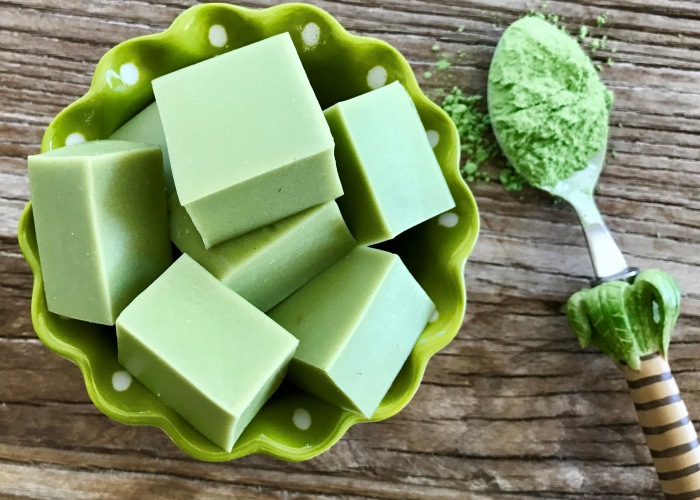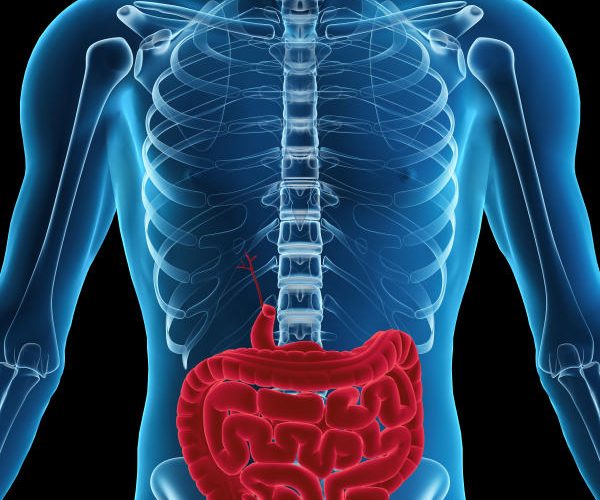
Despite the message of slip, slop, slap, ever increasing sales and application of sunscreen worldwide skin cancer is also at its highest! Doesn’t make sense right? Why would a product that is supposed to protect you against skin cancer suddenly be convicted of promoting cancer and other health issues?
Let’s face it many people probably don’t read the ingredients list on the back of products. We enlist our trust in companies through believing their marketing gimmicks, attractive filmography and photographs and their so called evidence of efficacy that comes with all those heavily promoted products. Fact is most conventional sunscreens contain a toxic list of ingredients that increase your risk of cancer and other health issues. Common ingredients listed in sunscreens are oxybenzone, methoxycinemate, dioxybenzone, para amino benzoic acid, homosalate and parabens, just to name a few.
These ingredients when applied on the skin are absorbed into the blood, creating a host of issues such a-
- allergic reactions,
- hormone disruption,
- even releasing cell damaging free radicals
When you expose these chemicals to sunlight. If you must wear sunscreen opt for a natural brand as chemical based sunscreens use chemicals to suppose ably protect the skin whereas natural based sunscreens use minerals as a natural light reflector.
Another point to consider is that what you eat really affects your level of sun protection. Increasing your consumption of ‘sunblock’ foods such as
- watermelon
- tomatoes,
- pomegranate,
- salmon,
- green tea,
- blueberries,
- almonds,
- sunflower seeds,
- carrot,
- oranges
- red peppers
Can help your skin to ward off damage. These foods are full of antioxidant that has shown to be beneficial against the damaging effects of UV light which promotes sunburn, wrinkles and skin cancer.
Finally, while it is important to use sun protection we have to make sure when we are using that we aren’t over doing our application to avoid vitamin D deficiency. Did you know that 1 in 3 Australians are now thought to be deficient in vitamin D? With more jobs being contained indoors, the over application of sunscreen, poor dietary habits and tech savvy couch potatoes it’s no wonder vitamin D deficiency has become a real issue.
Individuals most at risk are babies, children, dark skinned people, those who work indoors and the elderly. Sensible sun exposure should be done on a daily basis without the application of sunscreen for just 15 minutes during the day. This amount can supply you with the adequate daily vitamin D levels and it’s FREE!
Nutritionally Yours,
Veronica






